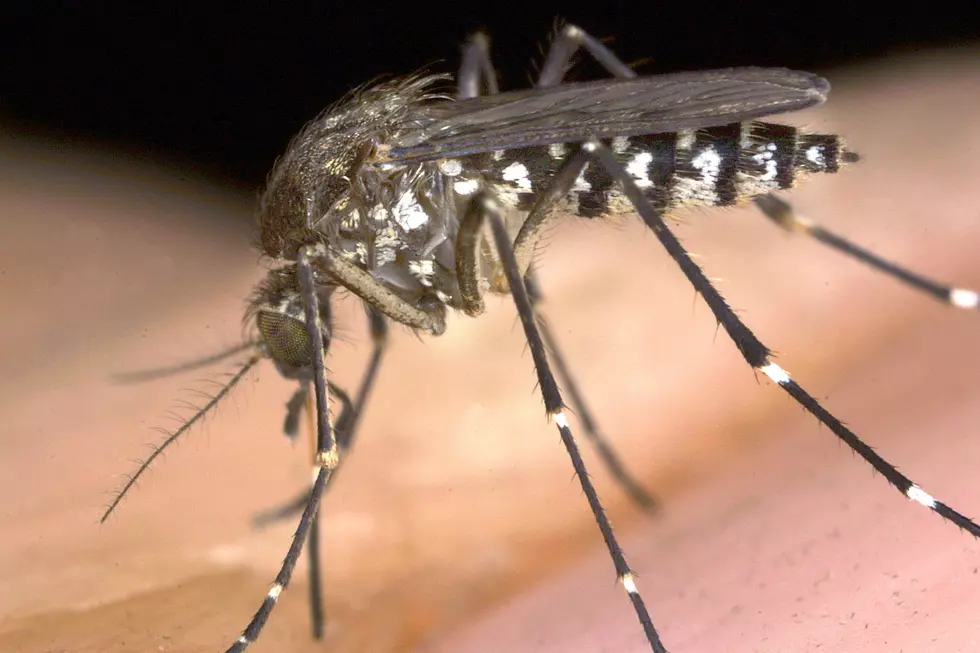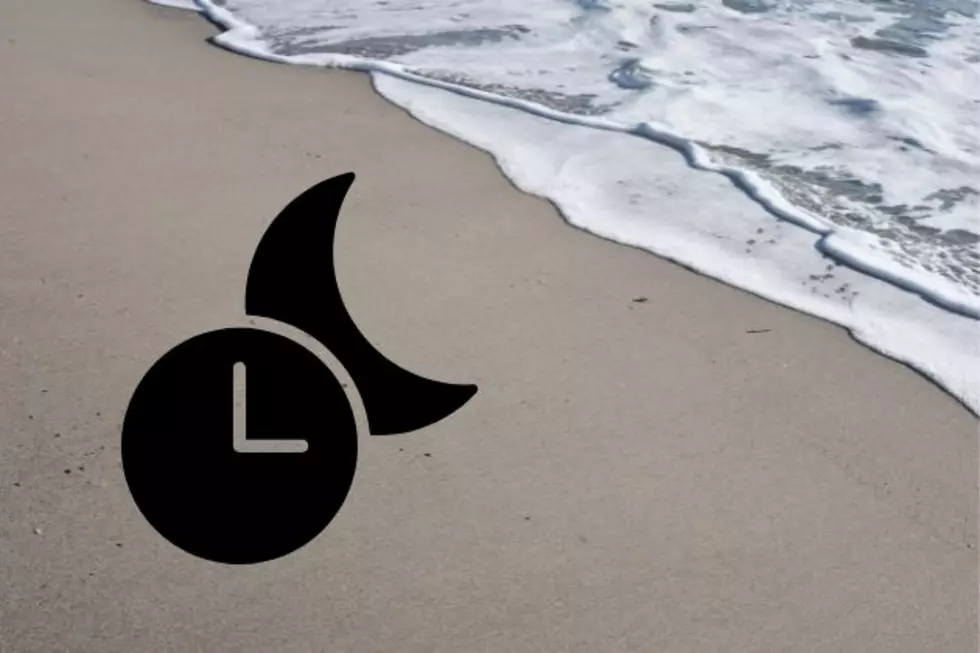
With hot, steamy weather, NJ’s mosquito population is on the rise
It’s been hot and steamy with widely scattered bursts of thunderstorm activity across New Jersey so far this summer, which could mean a bumper crop of mosquitoes over the next few months.
According to the Department of Environmental Protection, above-average mosquito populations and record-setting levels of West Nile virus and Eastern Equine encephalitis have been documented in the Garden State over the past two years. There’s concern we could see a repeat this summer.
New Jersey mosquito expert Bob Duryea, an entomologist with the Warren County Mosquito Commission, says parts of the Garden State have been getting more rain than normal, which is forming puddle areas that are perfect breeding grounds for mosquitoes.
“People should be very cautious when going out. If there are mosquito populations, please wear repellant [and] read the directions on the repellant,” he said.
“Around your house, you can dump containers, anything that has standing water — from your clogged gutter that might be out of sight ... down to a bottle cap.”
He said mosquitoes do not need a large wet area to lay eggs.
Duryea said as the summer season gets into full swing, concerns about West Nile virus are justified even though the illness is unpredictable.
With West Nile virus, 1 in 5 people develop a fever. About 1 in 150 infected people develop a serious, potentially fatal illness.
Eastern equine encephalitis is a rare brain infection, which is fatal in less than a third of cases.
He pointed out so far this summer the mosquito population has not been exhibiting much West Nile activity, but typically the virus will become more prevalent in late August and September.
“If you do have a lot of mosquitoes, you can always call your county mosquito control agency and they will come and address the situation," he said.
He noted many counties also place mosquito-eating fish in areas with high volumes of water, which is another way to make sure the mosquito population is kept in check.
According to the DEP, New Jersey residents can take the following steps to protect themselves and their families:
- Use EPA-registered insect repellents when outdoors and wear protective clothing.
- Empty water from flowerpots, pet food and water dishes, birdbaths, swimming pool covers, buckets, barrels and cans at least once or twice a week.
- Clear clogged rain gutters.
- Check for and remove any containers or trash that may be difficult to see, such as under bushes, homes or around building exteriors.
- Dispose of unused tin cans, plastic containers, ceramic pots or similar water-holding containers that have accumulated on your property.
- Drill holes in the bottom and elevate recycling containers left outdoors.
- Repair and clean storm-damaged roof gutters, particularly if leaves from surrounding trees tend to clog drains. Roof gutters can produce millions of mosquitoes each season.
- Turn over plastic wading pools and wheelbarrows when not in use.
- Avoid allowing water to stagnate in bird baths.
- Aerate ornamental pools or stock them with fish. Water gardens become major mosquito producers if they stagnate.
- Clean and chlorinate swimming pools, including those not in use. An untended swimming pool can produce enough mosquitoes to result in neighborhood-wide complaints. Be aware that mosquitoes may develop in the water that collects on pool covers.
- Stay in air-conditioned places or rooms with window screens that prevent access by mosquitoes.
MUST SEE: Gorgeous home in Rumson up for sale for $18,000,000.
You can contact reporter David Matthau at David.Matthau@townsquaremedia.com
More From New Jersey 101.5 FM









